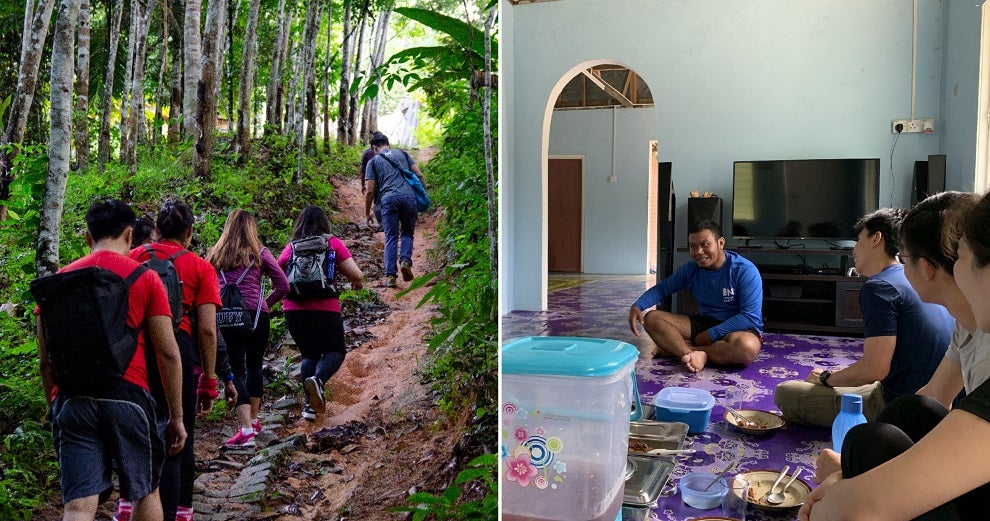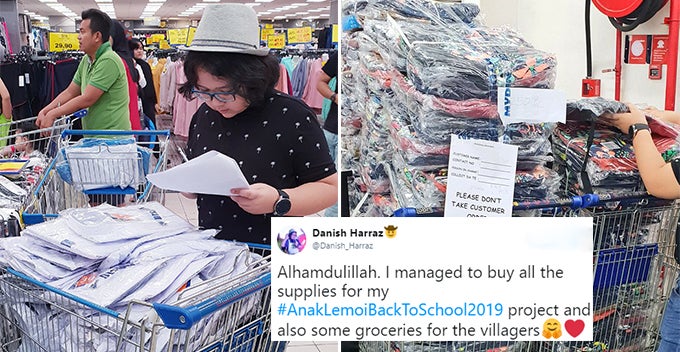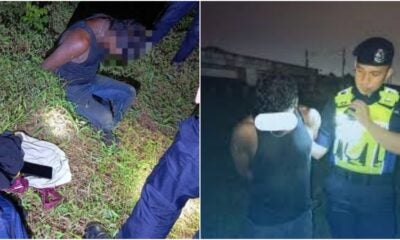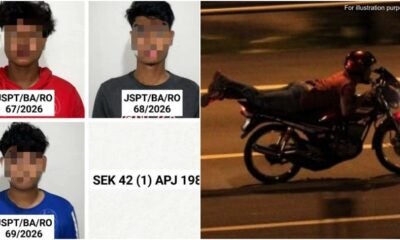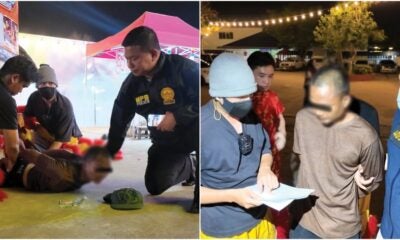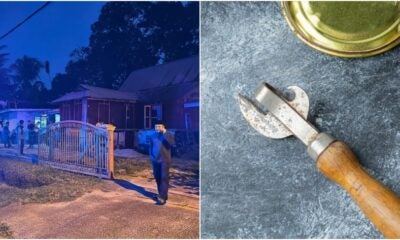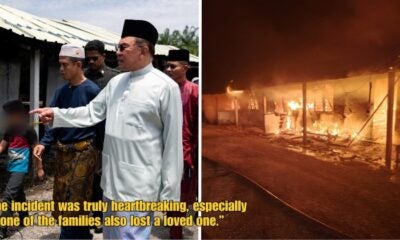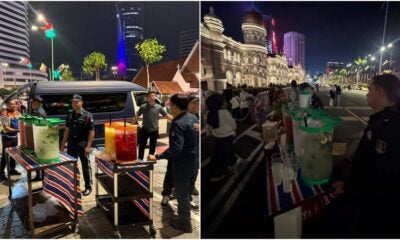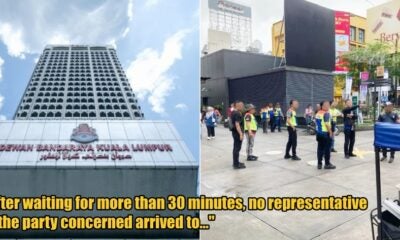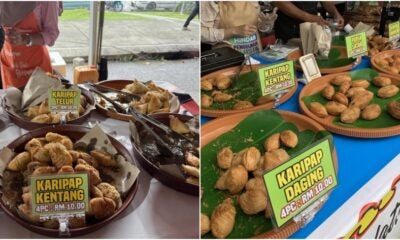While almost every Malaysian is aware of the Orang Asli community, there always appears to be a pervasive divide between urban Malaysians and this group of natives. Why is it that there still exists an “us versus them” attitude between us, and how can we bridge this gap to become a more integrated society?
This local project called Native aims to unite Malaysians from all walks of life in this way. By signing up for this initiative, urban Malaysians can go on a guided tour (which you can book on Airbnb!) headed by an Orang Asli villager through the forests of Semenyih and a local Orang Asli village, Kampung Sungai Lalang.
There, Malaysians from all walks of life can interact and engage with the Orang Asli community over some delicious traditional food. What’s more, proceeds from this initiative also go back to the villagers!
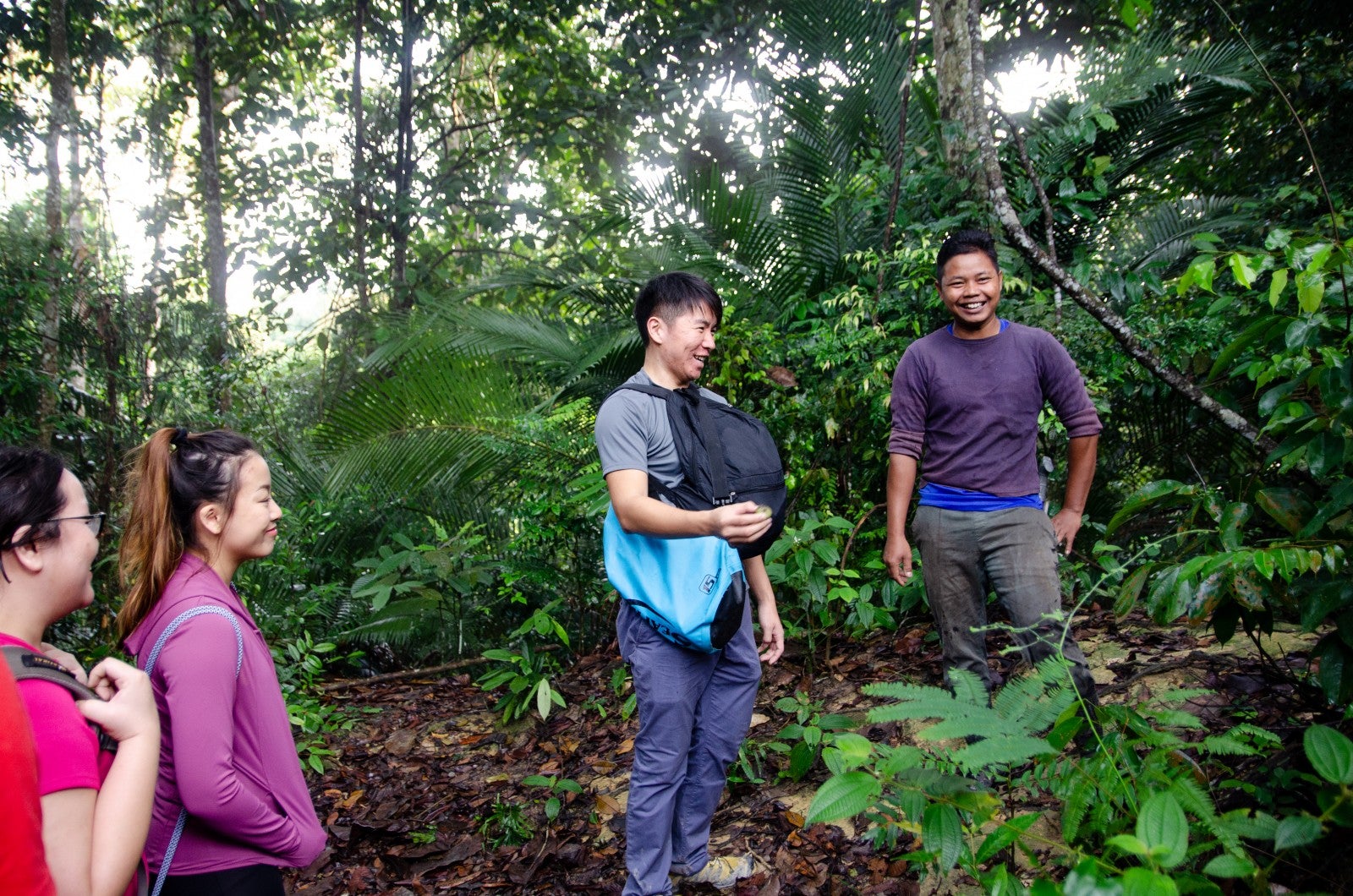
We spoke to the founder of Native, Daniel Teoh, and asked him what inspired this initiative, how it got started, and his future plans for this unique programme. Here’s what he had to say;
Tell us how Native got started!
I work for a social enterprise called Epic, but Native is a separate entity from Epic. However, we work closely together. Native is an independent project of mine. I used to study at the University of Nottingham which is in Semenyih but spent most of my time out of class because I wanted to do something else. So at this moment in time, I was exploring what else there was to do for me.
However, I soon came across this programme called Epic Homes (which is under Epic). This was where I found an avenue to explore different ways of helping people. During this time, I met people who were much older than me, so I figured that I liked this.
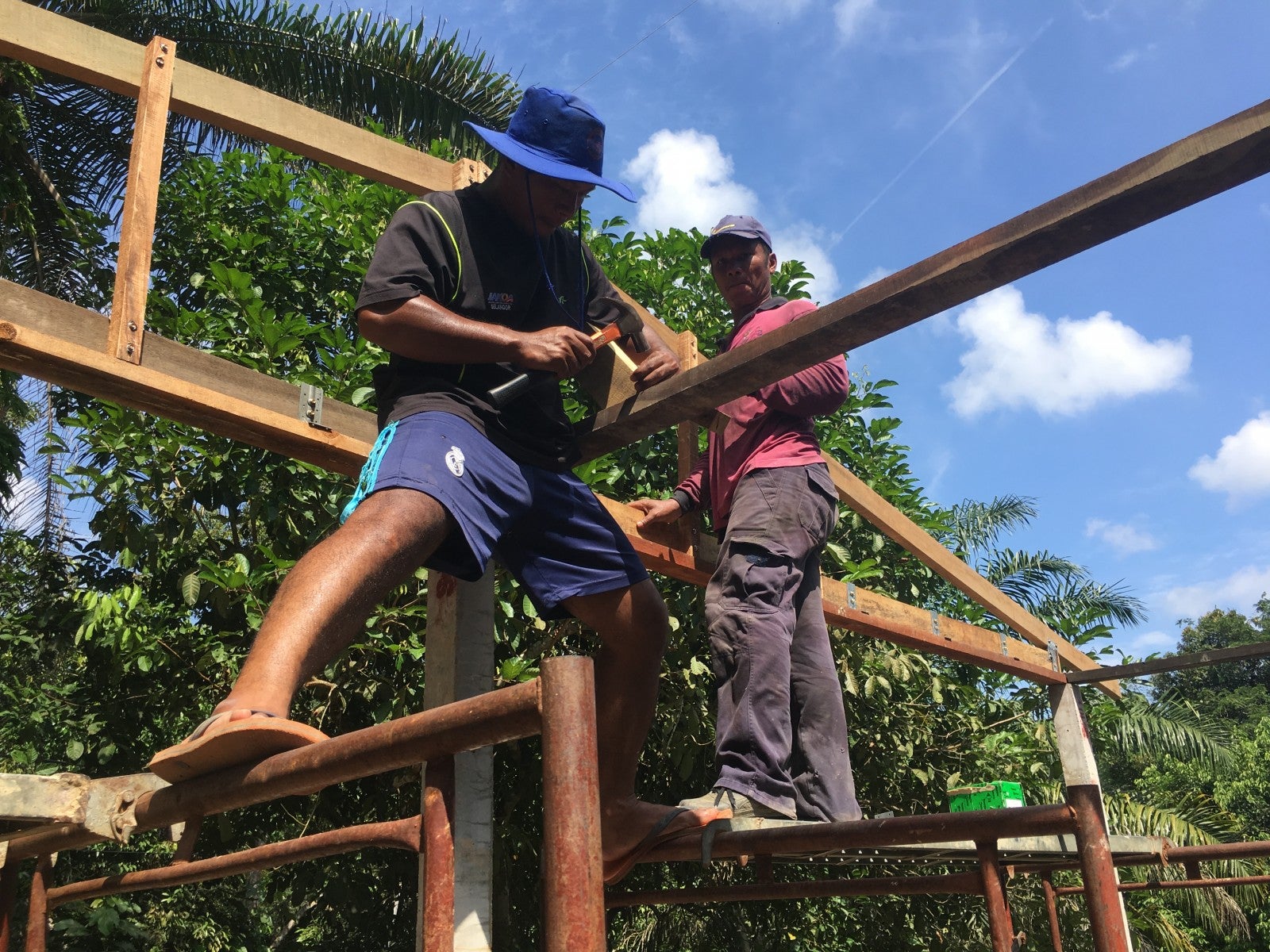
Eventually, I found this village, Kampung Sungai Lalang, through one of my friends who was running a project there, but the project died a while later. However, I kept going back to the village after that. Over time, I got to know the villagers and ended up collaborating with a cycling club at my university. We began cycling to this village a few times to meet the villagers and see where we could help.
I then got to meet with the “penghulu” and other villagers who were interested in discussing housing issues. That’s where I met Faizul, the man I now do this tour with. He was in the midst of building his own house when we met.
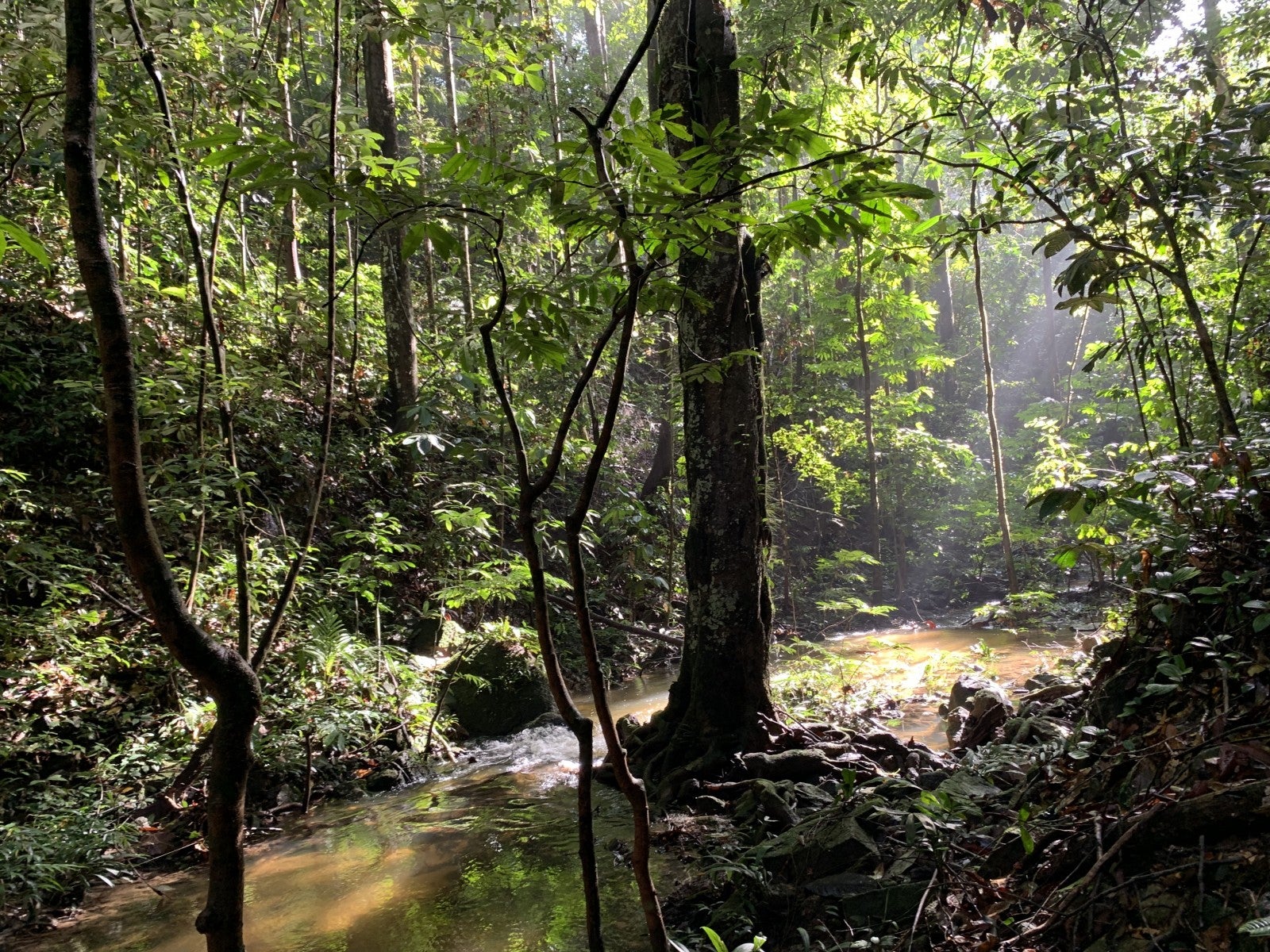
I then went back to university with all this information and we later won a RM50,000 grant from Nottingham UK.
Eventually, we helped Faizul build his house and got other people involved, and that was the start of our relationship.
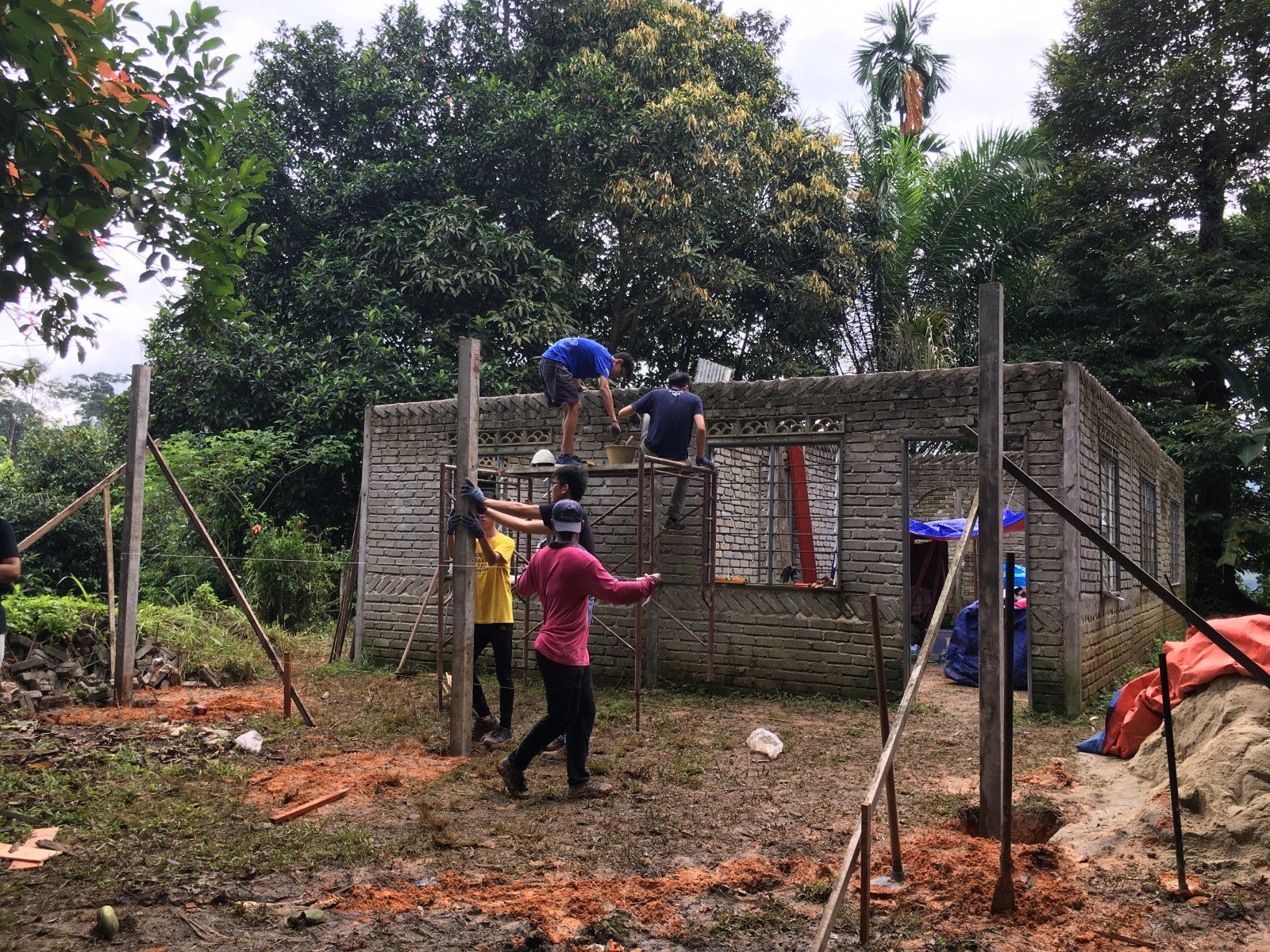
So after a while, I began working for Epic and we received an email from Airbnb. They were looking to do social impact experiences and were seeking proposals. Epic actually emailed me asking if I had any ideas to pitch and I took up this opportunity.
I spoke to Faizul about it because Sungai Lalang is very unique in the sense that most other Orang Asli reserve land is on state reserves, but Sungai Lalang is on forest reserve land, which means we can trek through it. I then asked Faizul if he was interested in bringing people around this land and he agreed to it.
Then, we put it up on Airbnb and charged only RM60 at that time, but I was quite pessimistic about anyone signing up for this. To my surprise, we were picked up in the first 3 to 4 hours. So, our pilot tour was just in June 2018 so it’s still pretty new and I learnt that people really enjoyed themselves!
How has working with Faizul on this project been like?
At first, I saw Faizul was reluctant (to lead the tour). I think what was in his mind at the time was, “Oh, Daniel wants to do this, I am just going to help him with it”, but now, it is something he actively enjoys.
I also noticed that Faizul has changed a lot since we started this initiative. He is now more outgoing and even understands English a little better now.
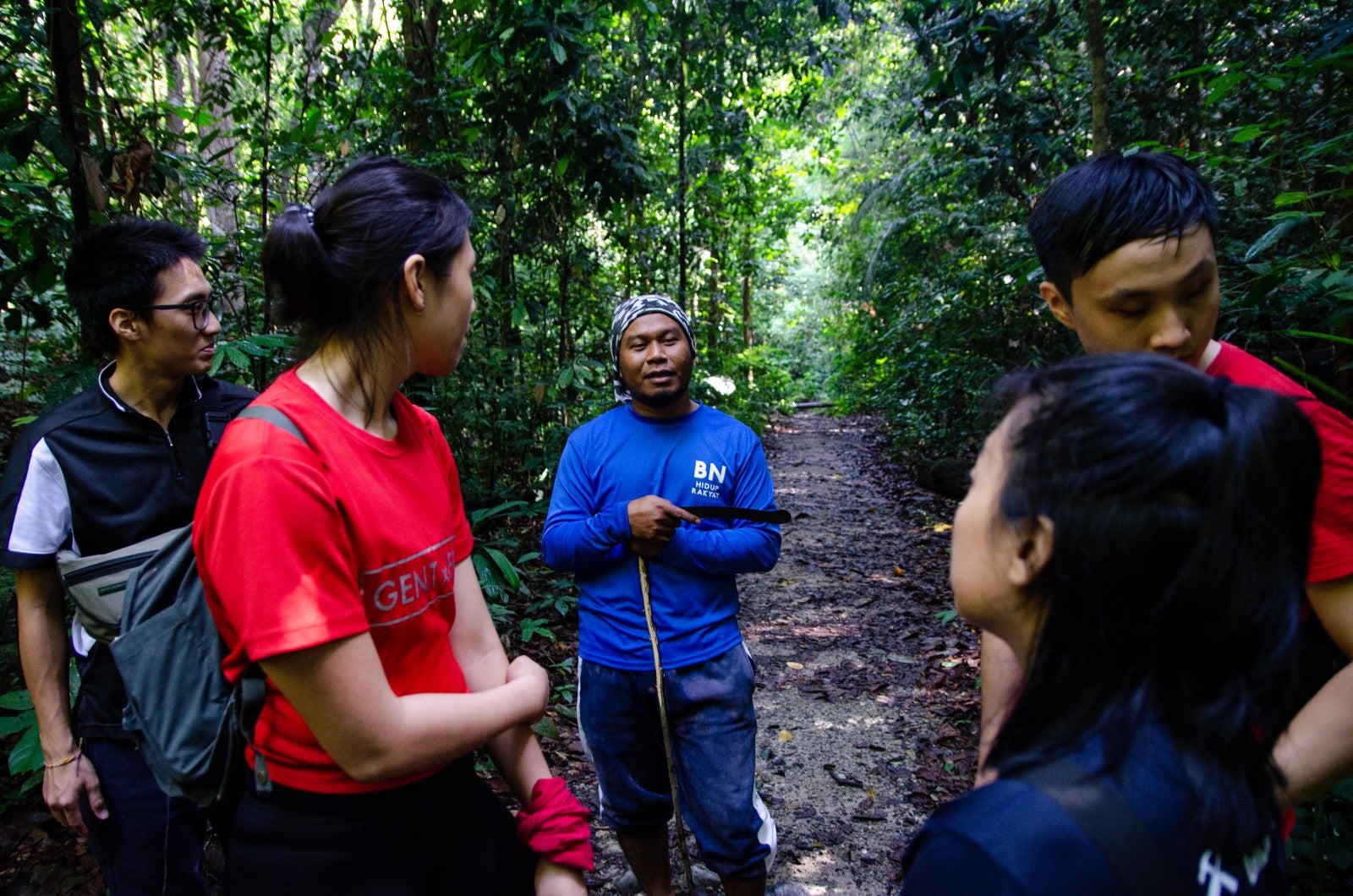
I also found that whenever he leads a tour, he brings a friend along with him, and this creates a sense of community as well. I soon began to realise that this is a pretty good tool not only to generate income for them but also to build an understanding with people.
What we typically do is hike around the forest for a while and then go to the village where Faizul takes the group to his home. His wife cooks for everyone and the group can sit down, have a meal and get to know one another.
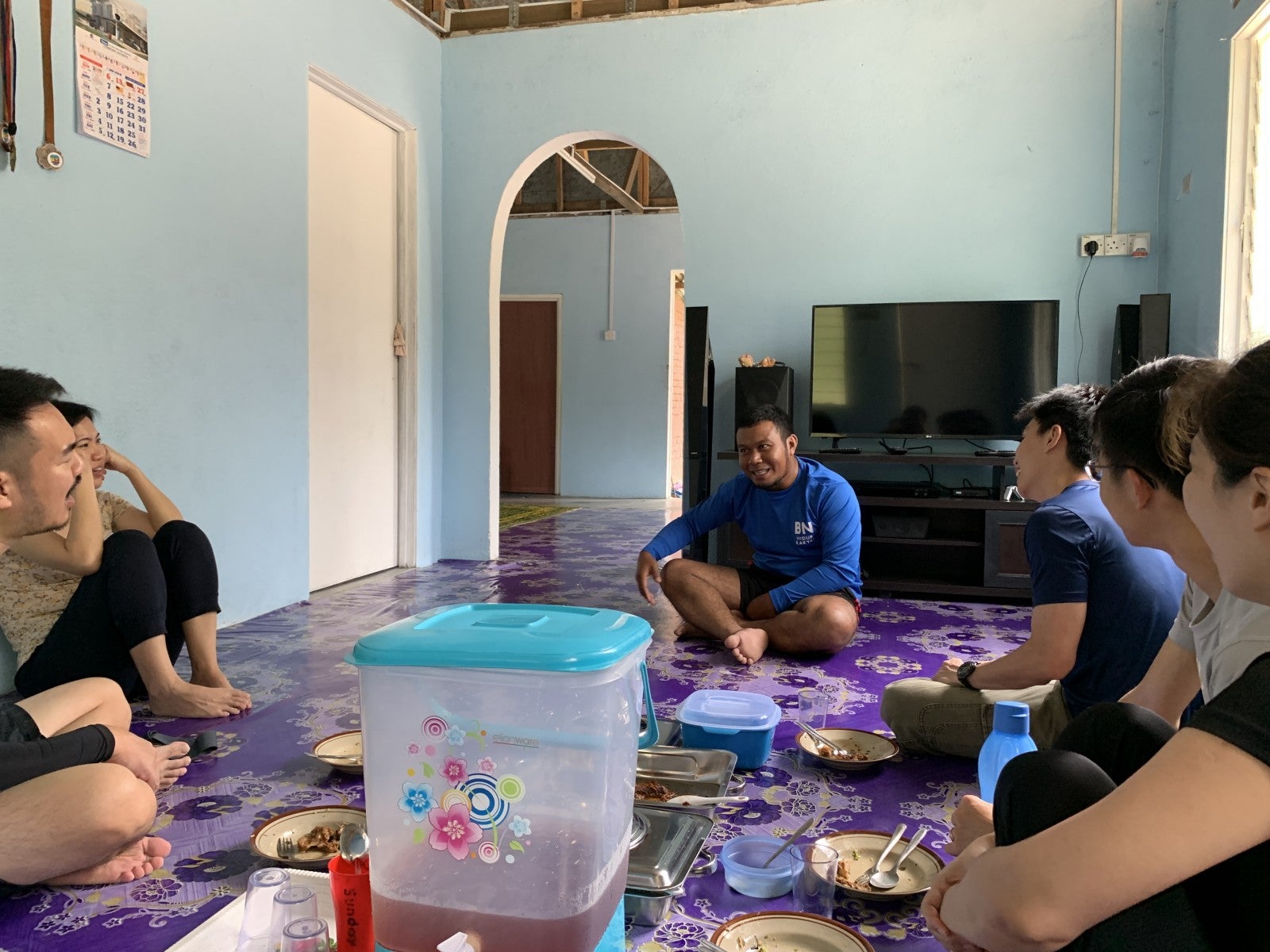
I feel like people really learn a lot from this and it can break a lot of perspectives. A lot of people tend to have this notion that the Orang Asli community has a certain lifestyle and are poor, but that’s not necessarily the case. So, I thought this tour is a good avenue to create an understanding.
Right now, you’re currently running Native’s flagship tour, The Asli Experience. What else is on the horizon for Native?
For the brand name, “Native”, I find that a lot of people associate that term with Orang Asli, Native Americans, or indigenous groups. But for me, I think that whether you like it or not, you are a native of wherever you are born.
I want to create the understanding that we all have something in common, that we are all natives somewhere.
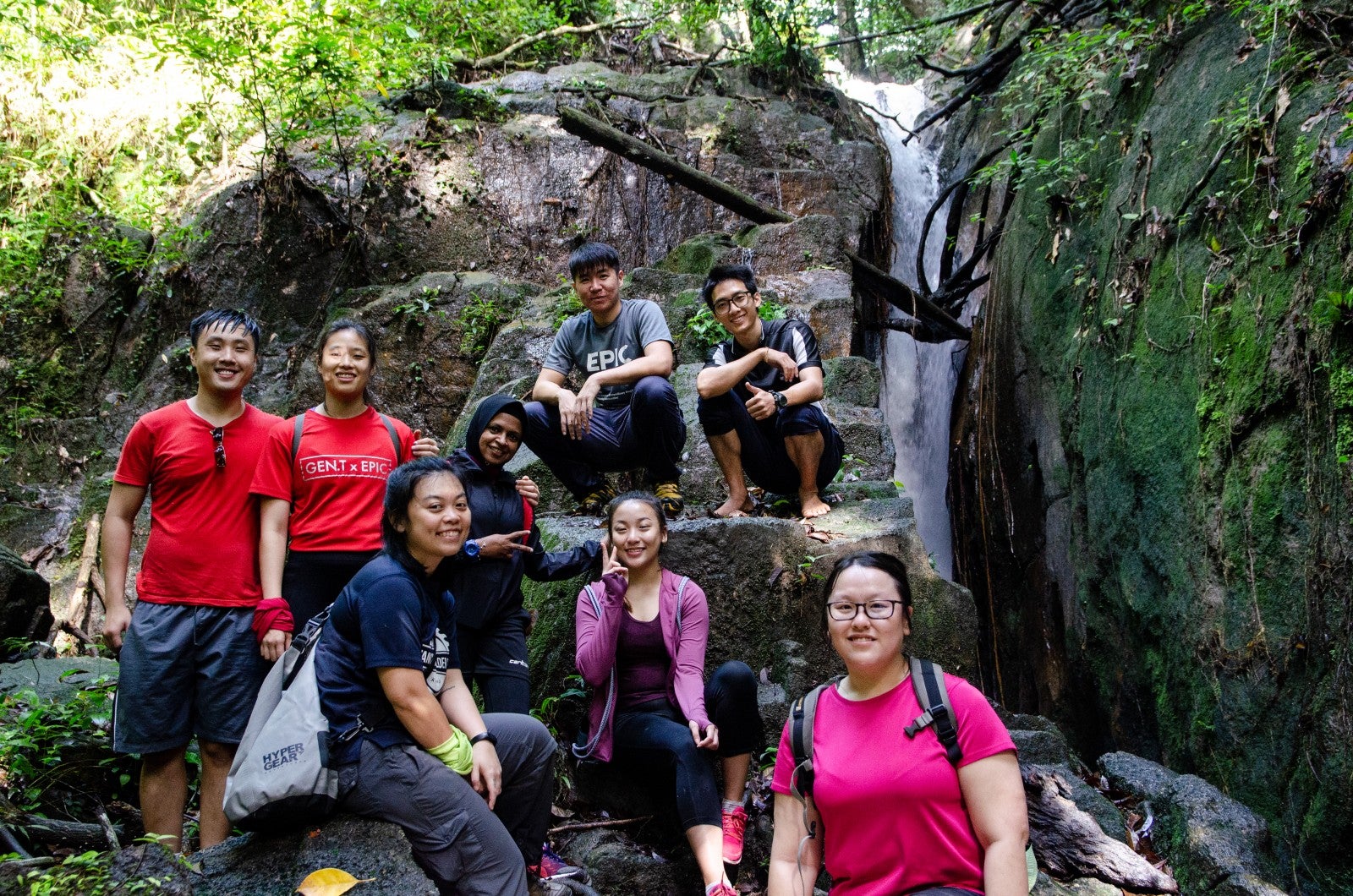
Right now, the idea is to include anyone interested, like if you have any secret skills, we would love to work with you. One thing I haven’t worked out on the specifics of yet is incorporating the Pathfinders programme that Epic runs. This programme trains people to go into these communities (like Orang Asli villages) to gather data and find what can be improved in their lives.
This programme (Pathfinders) is being run by Epic but we are trying to work out if we could partner with them. I’m thinking of making the Native experience a volunteering experience for those interested in collecting data at this particular Orang Asli village. This is something I hope we can achieve in the future.
What are some of the things that Native has achieved so far?
I think everything that we have achieved is very intangible. One is seeing Faizul grow, how he is acting, and his perception of outsiders as well. I think that people come here thinking that we are here to learn about them, but it is also an experience for the Orang Asli to learn about us as well.
When you go there, you are actually representing Malaysian urbanites, so I think to build that understanding is really a big thing for me. From the most recent tour we did, this lady brought Chinese New Year cookies for Faizul. I found it very cute, but at the same time, it was a very nice gesture.
It didn’t come in the form of money or charity, it was a cultural exchange. It’s things like that I see as big successes.
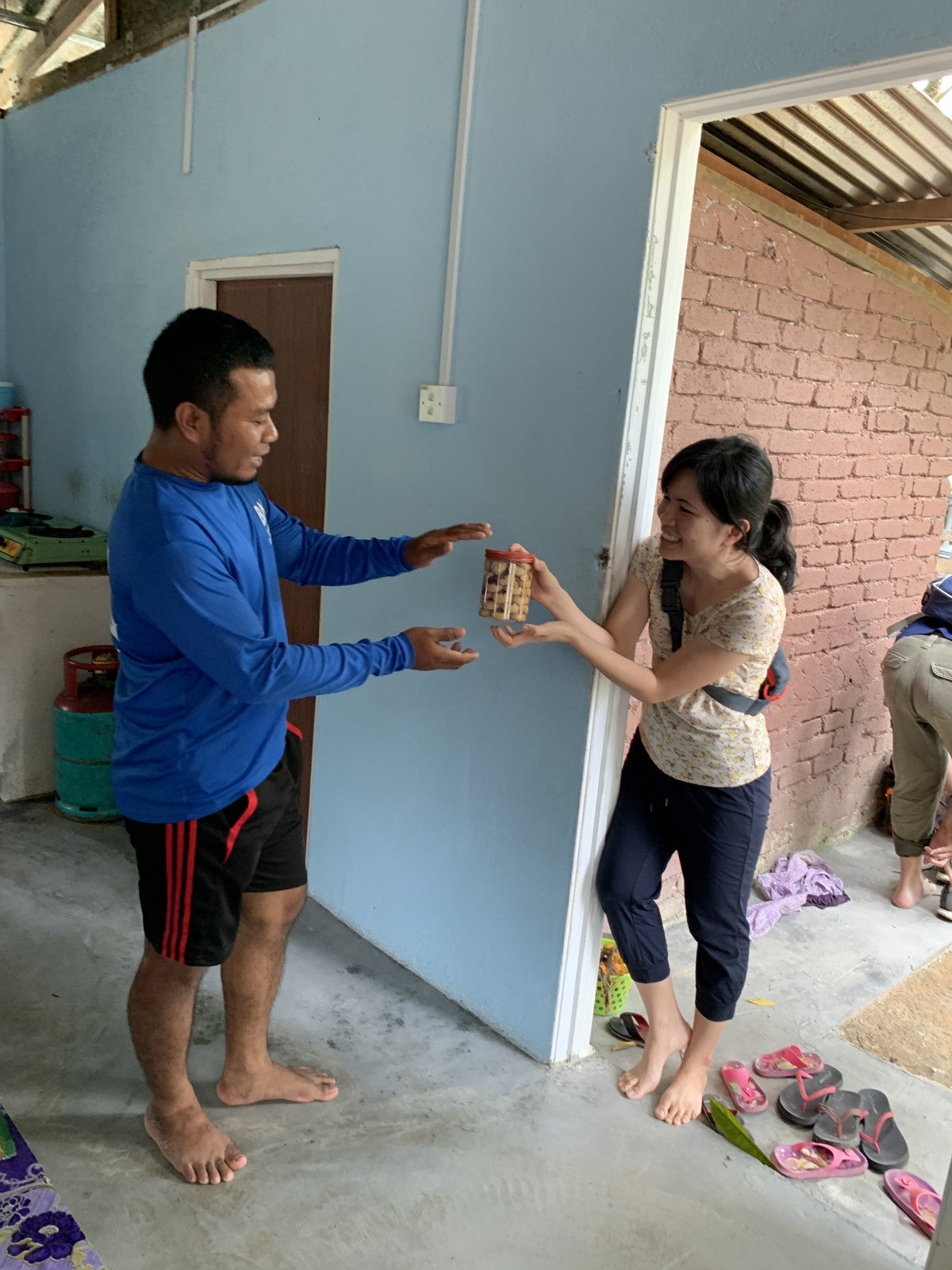
What were some of the biggest challenges you’ve faced during your process of making Native a reality?
I think everyone assumes we are an NGO and most people do not understand the term “social enterprise”. I wish that all businesses act in this kind of manner and not that there is anything wrong to being an NGO, but people will label you as a charity like we don’t provide services.
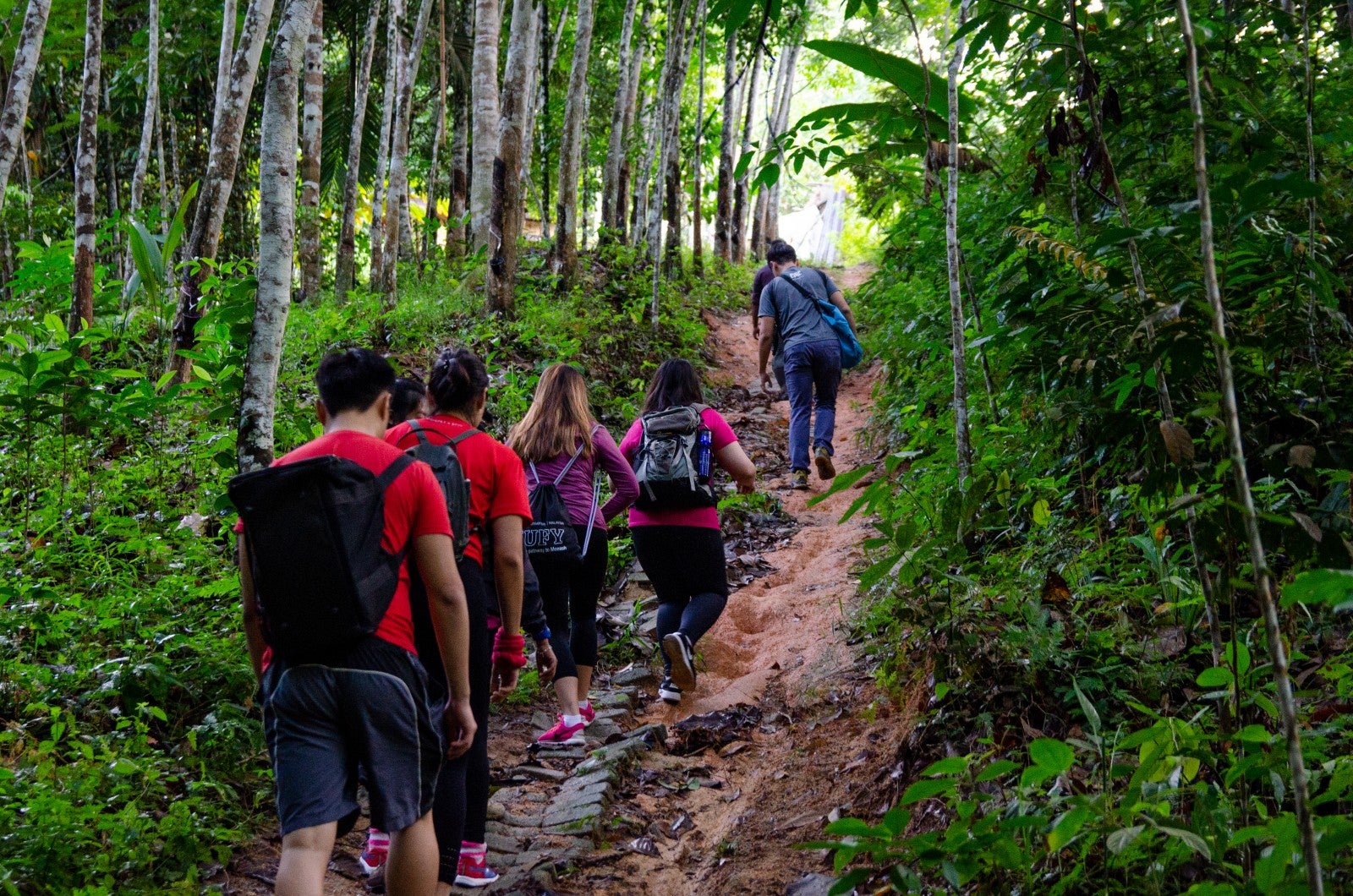
I think a shift in that kind of mindset would be good. I also personally struggle with patience. Initiatives like this take time to form, as a lot of it is intangible like I mentioned previously, you need to be clear in what you want to achieve otherwise you have nothing to show.
Who or what inspires and motivates you?
I think my biggest motivator is curiosity. Like I mentioned earlier, I get asked, “Why Orang Asli?” a lot. This is because I work with them more, and they were the people who were closest to me at that time.
There was no particular reason behind it, and it just happened by going into it, you feel like you want to learn more, and also coming to the understanding that there are some people who are so different, but then you share so many things in common. I find that very fun. The people I work with also motivate me to do this, like seeing Faizul working actively.
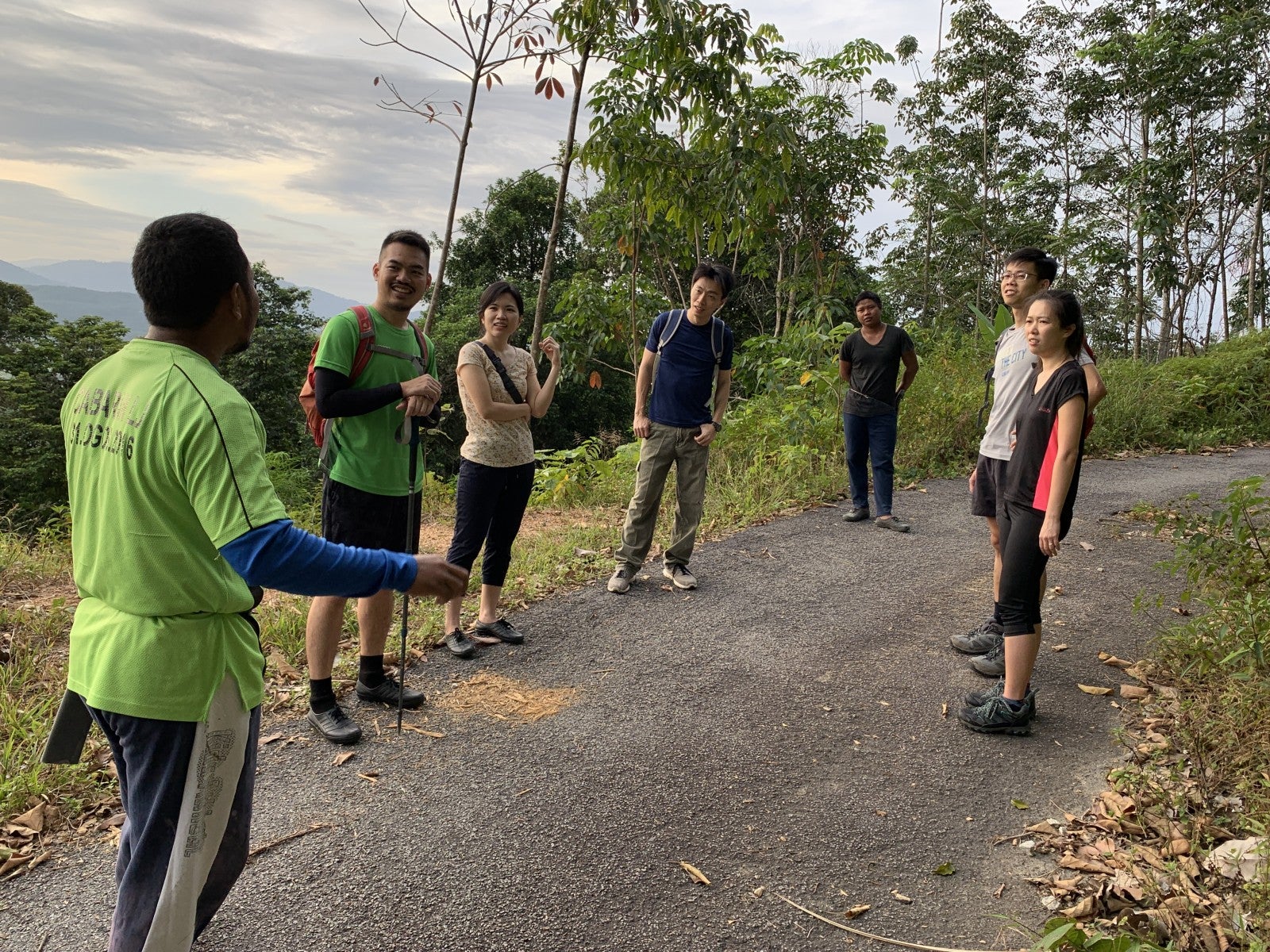
My family was a bit apprehensive when I first started this. They asked me, “Why don’t you consider engineering?” since I studied that in school.
At first, they were very opposed to it, but lately, they’re warming up to the idea of what I’m doing. So, seeing my parents approve of what I’m doing is also another motivator for me.
Any advice for young Malaysians who want to make a social change but don’t know where to start?
Nothing has to be perfect. When people want to start something entrepreneurial or related to a social movement, there will be huge, detailed plans.
Plans can be useful but sometimes, I feel like people can get so caught up in making sure that everything is in perfect order that they don’t actually go out there and apply it.
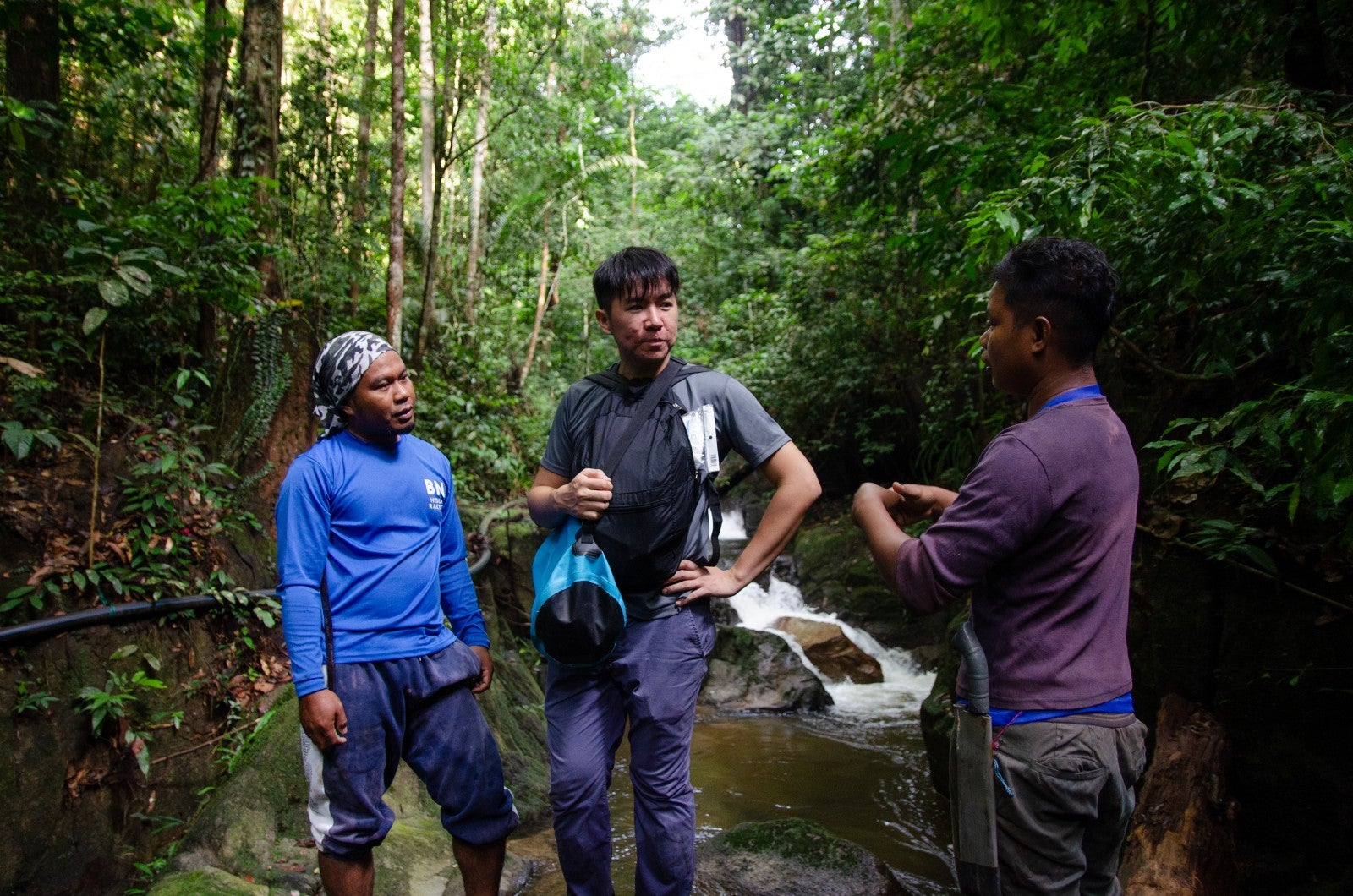
Your plan doesn’t have to be perfect and putting something imperfect out there is better than having something perfect that will never come to be.
Are you interested in taking part in this initiative and to learn more about the Orang Asli community? You can book a tour with Faizul on Airbnb here or check out their official Facebook page here!
Also read: 11yo M’sian Chef Starts a Charity Project to Help Underprivileged Students in Rural Areas

